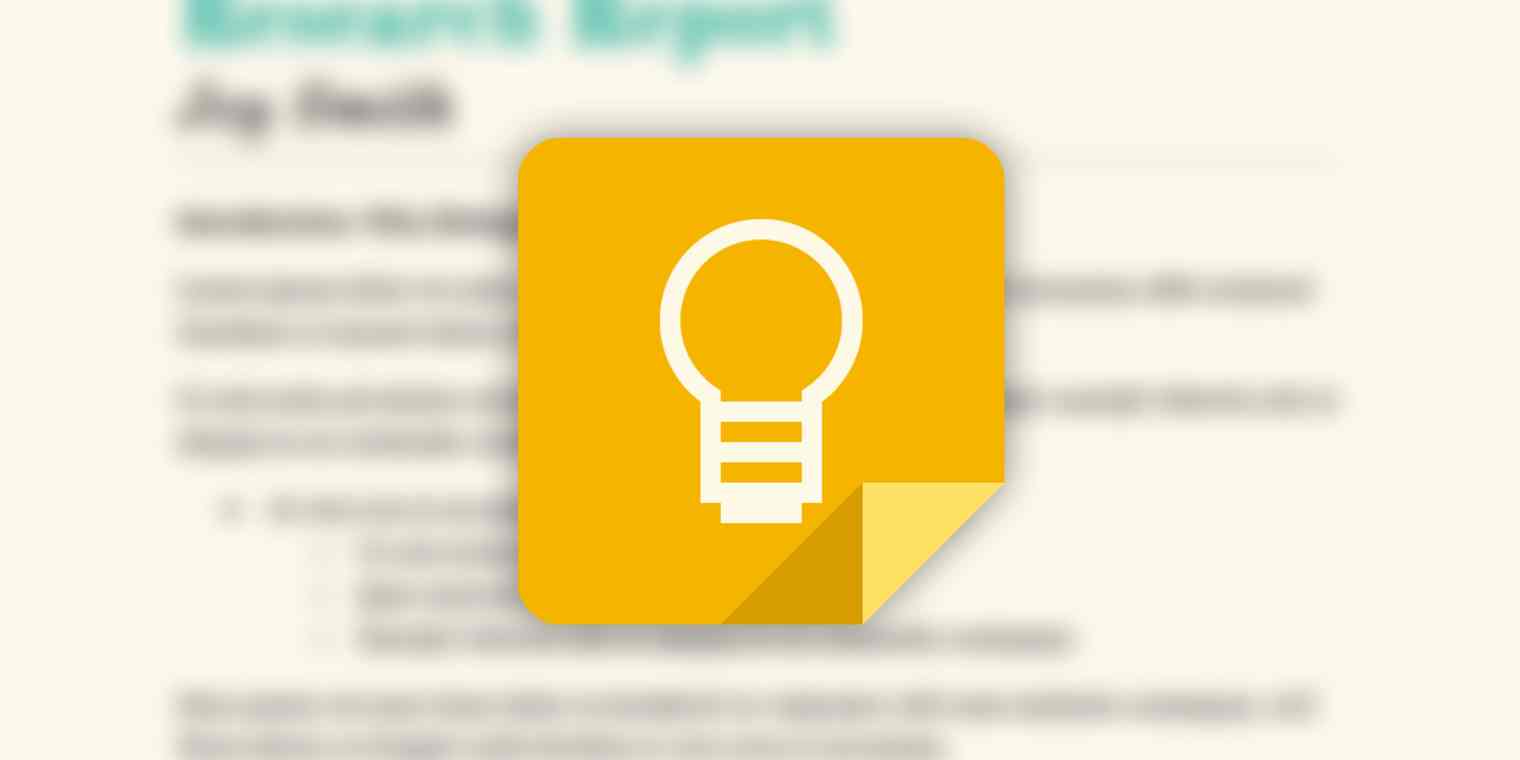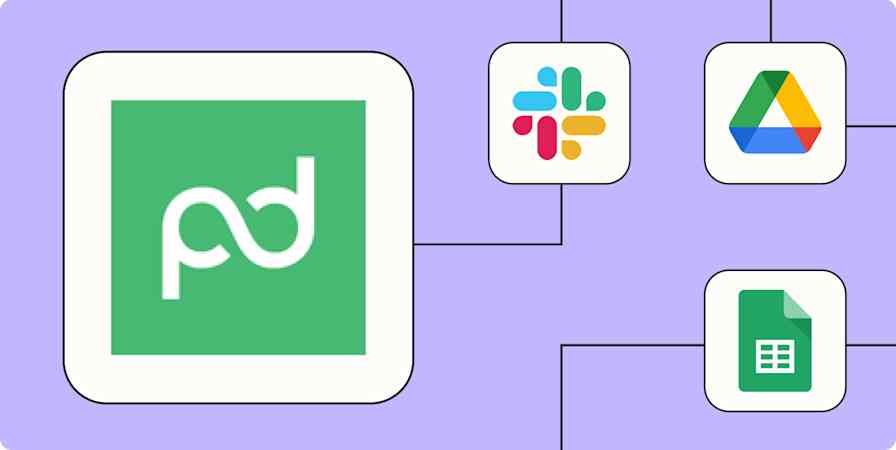App tutorials
5 min readHow to Gather Research and Create a Bibliography in Google Docs
Using Google Keep and EasyBib for a Simpler Writing Process
By Matthew Guay · April 3, 2017

Get productivity tips delivered straight to your inbox
We’ll email you 1-3 times per week—and never share your information.
tags
mentioned apps
Related articles
Improve your productivity automatically. Use Zapier to get your apps working together.






